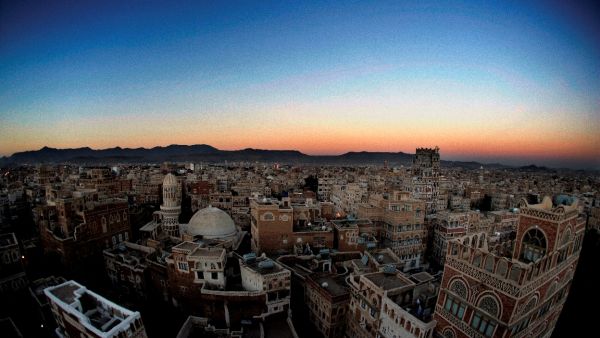The stunning news that Osama bin Laden has been killed by American Navy Seals in a daring attack in Pakistan yesterday is a tremendous blow to al Qaeda. The radical movement he created, however, even in a debilitated form, remains a serious threat to Westerners around the world, and to America in particular. The original branch of al Qaeda will now most likely be led by 59-year-old Egyptian pediatrician Ayman al Zawahiri, who combined his own organization, Egyptian Islamic Jihad, with bin Laden’s in 1998. In recent years Zawahiri was much more prolific in released statements, particularly videos, than was bin Laden, who often was relegated to taped voice messages.
More disturbing, however, is the continued activity of one of al Qaeda’s regional offshoots, Al Qaeda in the Arabian Peninsula (AQAP), under the stewardship of 40-year-old Anwar al-Awlaki, the American-born radical cleric operating out of the tribal region of Yemen. While the tribal regions of Pakistan and Afghanistan still produce religious fighters, Yemen has in many ways eclipsed the region in operational importance.
Yemen, a country of 24 million on the southern tip of the Arabian peninsula, is bin Laden’s ancestral home and has been a hotbed of Jihadist radicalism in recent years. In 2000, 17 American sailors were killed in the bombing of the USS Cole while it was docked in Aden, Yemen. The nation is in a state of flux as a compromise to end the 33-year regime of President Ali Abdullah Saleh, an American ally appears to be near collapse. Recent mass protests against Saleh have caused the United States and Saudi Arabia to push for a negotiated settlement to end his rule, so as not to create a vacuum that will allow AQAP an opportunity to flourish in the midst of political chaos. Just over the weekend seven Yemeni troops were shot to death as part of the continuing instability that has gripped the small nation for the last two months.
As American policymakers assess al Qaeda’s next move to avenge the death of its original spiritual leader, they are very much keeping an eye on its newer ones. Anwar al Awlaki’s operations and the political situation in the nation he currently resides in hiding is a primary focus of counterterrorism analysts. Al Awlaki, who could never claim the mantle as founder from bin Laden, has nonetheless created the al Qaeda branch with greatest operational capacity against American interests. Al Awlaki’s knowledge of the United States, his birth country and his command of English has made him a sought-after individual for radicals, including alleged Fort Hood shooter Nidal Hasan, would-be Times Square bomber Faisal Shahzad and “underwear bomber”Umar Farouk Abdulmutallab, who attempted to blow up Northwest flight 253 on Christmas 2009. Al Awlaki is also being sought by the United States who, like bin Laden, has him on a kill list. This next operation might very well be even more important than the one that silenced bin Laden.

What role will Yemen play now that Bin Laden is dead?







